Rare Whale Thought to Be Extinct for 200 Years Spotted Swimming in Atlantic Ocean
Last week, a gray whale, believed to have been extinct, surfaced in the Atlantic Ocean near the famed whale hunting island, Nantucket, marking the first appearance of its kind in 200 years.
Why haven’t we seen this gray whale species in two centuries? And why is this whale now resurfacing? Let’s get into it!
Gray Whales Have Been Living in the Pacific Ocean
While gray whales have thrived in the Pacific Ocean, they have been extinct in the Atlantic Ocean since the 1700s.
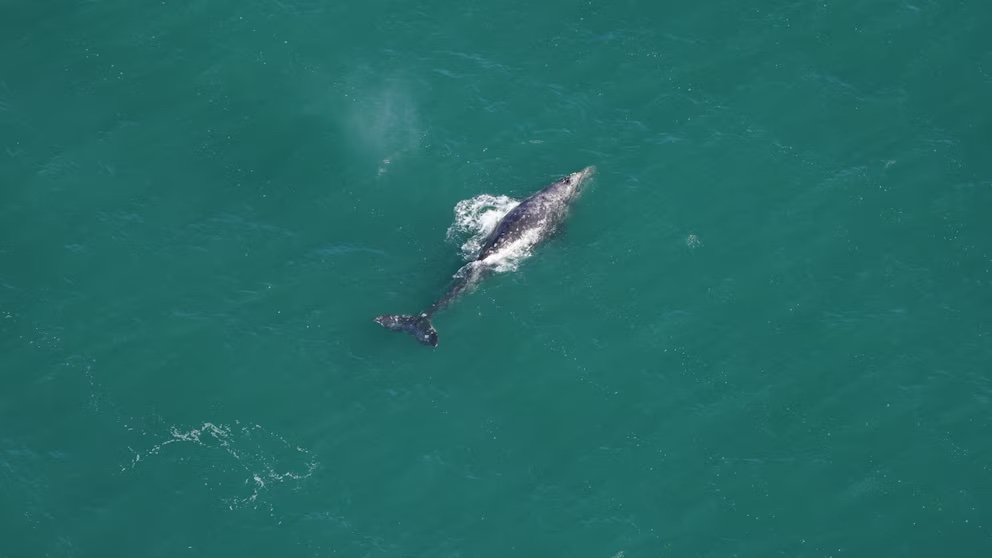
Source: New England Aquarium
Over the past 15 years, researchers have observed the gray whale only five times in Atlantic and Mediterranean waters. They identified them by their distinctive gray and white skin, dorsal humps, and lack of dorsal fins.
Gray Whales Emerge in the Atlantic Ocean
The New England Aquarium team spotted a gray whale feeding and periodically diving and resurfacing 30 miles off the coast of Nantucket. After reviewing the images of the whale, they confirmed its species.
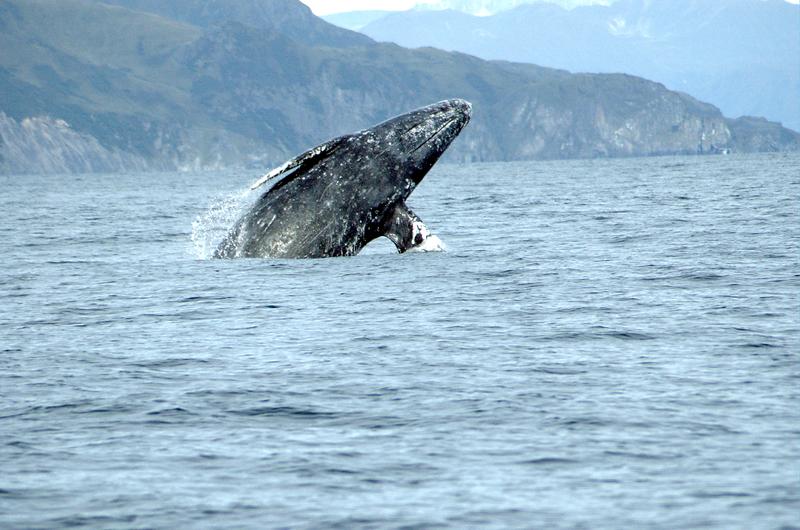
Source: Wikimedia Commons
Researchers believe that the gray whale spotted off the coast of Florida in December 2023 is the same individual previously observed in the area.
An Exciting, Unexpected Discovery
“My brain was trying to process what I was seeing because this animal was something that should not really exist in these waters,” said research technician Kate Laemmle (via the Hill).
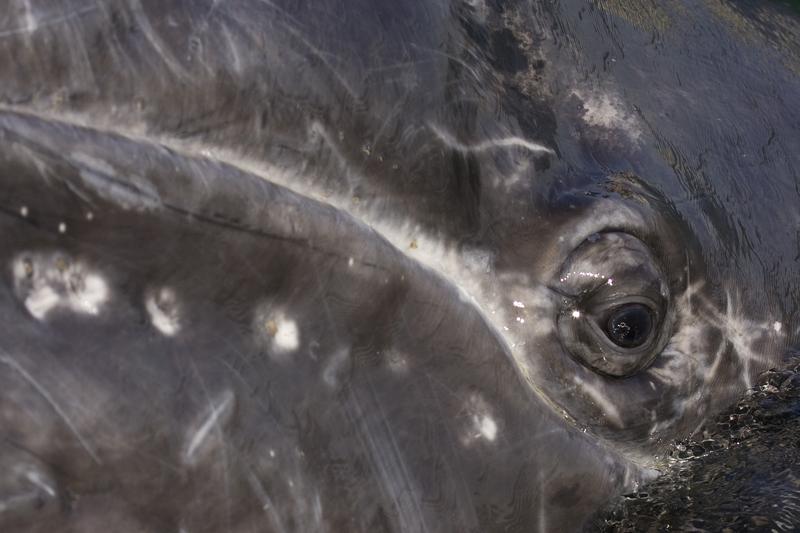
Source: Charlie Stinchcomb/Flickr
Laemmle continued: “We were laughing because of how wild and exciting this was—to see an animal that disappeared from the Atlantic hundreds of years ago!”
Why Are Gray Whales Back in the Atlantic Ocean?
Scientists say that climate change is the reason why it is rare for a gray whale to appear in the Atlantic Ocean. The Northwest Passage, which connects the Pacific and Atlantic Oceans through the Arctic Ocean in Canada, has become ice-free in the summer due to rising global temperatures.
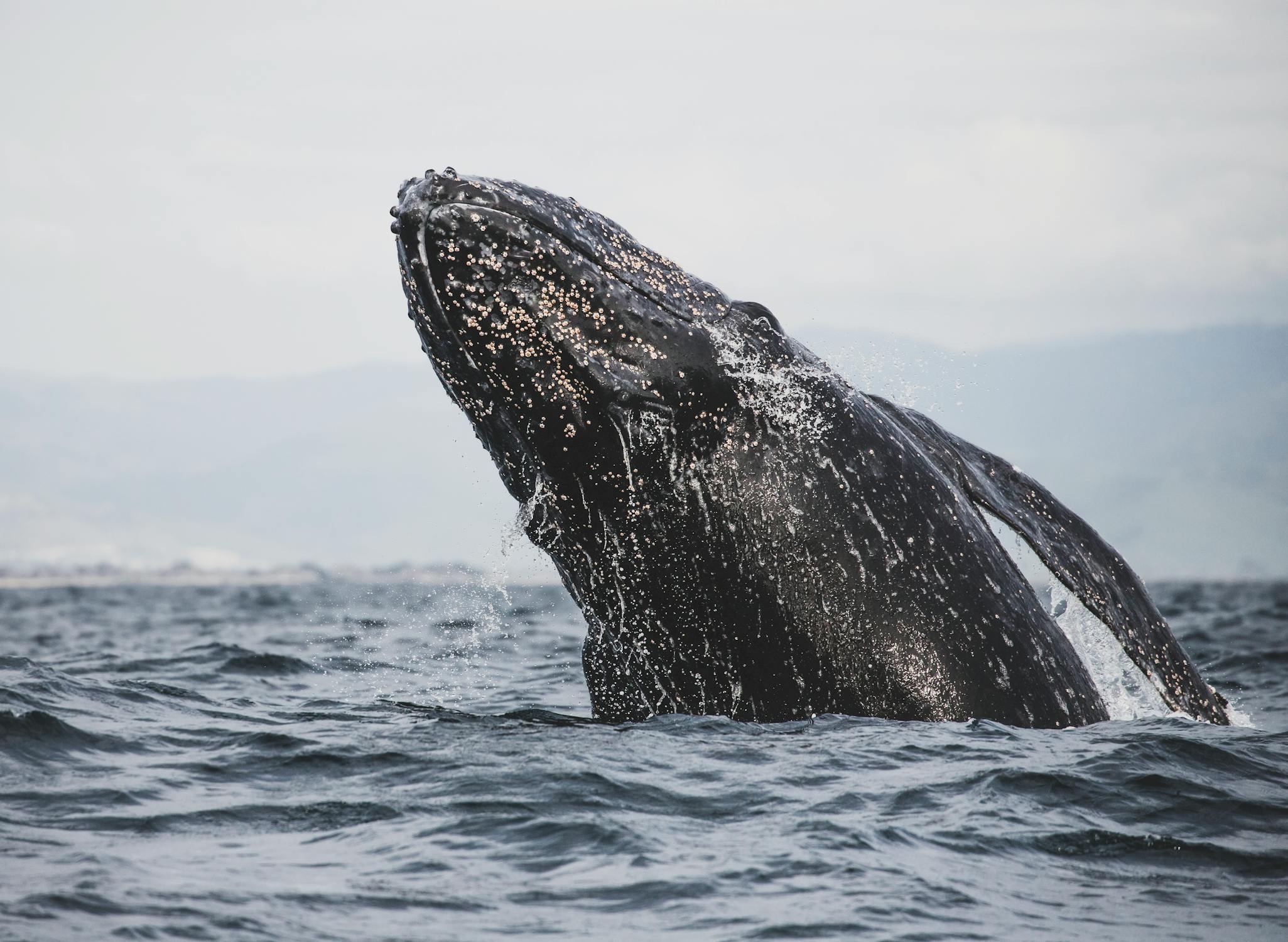
Source: Andre Estevez/Pexels
The ice in the passage has prevented whales from crossing into other oceans from the Pacific for approximately 120 years.
Gray Whales Are Adapting to Climate Change
“This sighting highlights how important each survey is. While we expect to see humpback, right, and fin whales, the ocean is a dynamic ecosystem, and you never know what you’ll find,” said Orla O’Brien, an associate research scientist in the Anderson Cabot Center for Ocean Life at the New England Aquarium.

Source: Pixabay/Pexels
NOAA states that gray whales, once common throughout the Northern Hemisphere, are now primarily found in the North Pacific Ocean.
Gray Whales Are Adapting to Climate Change
Warming ocean temperatures have raised concerns among climate experts for several reasons. These include the intensification of tropical storms, the deterioration of coral reefs, and the effects of melting sea ice, all of which are altering the health and biochemistry of the ocean.
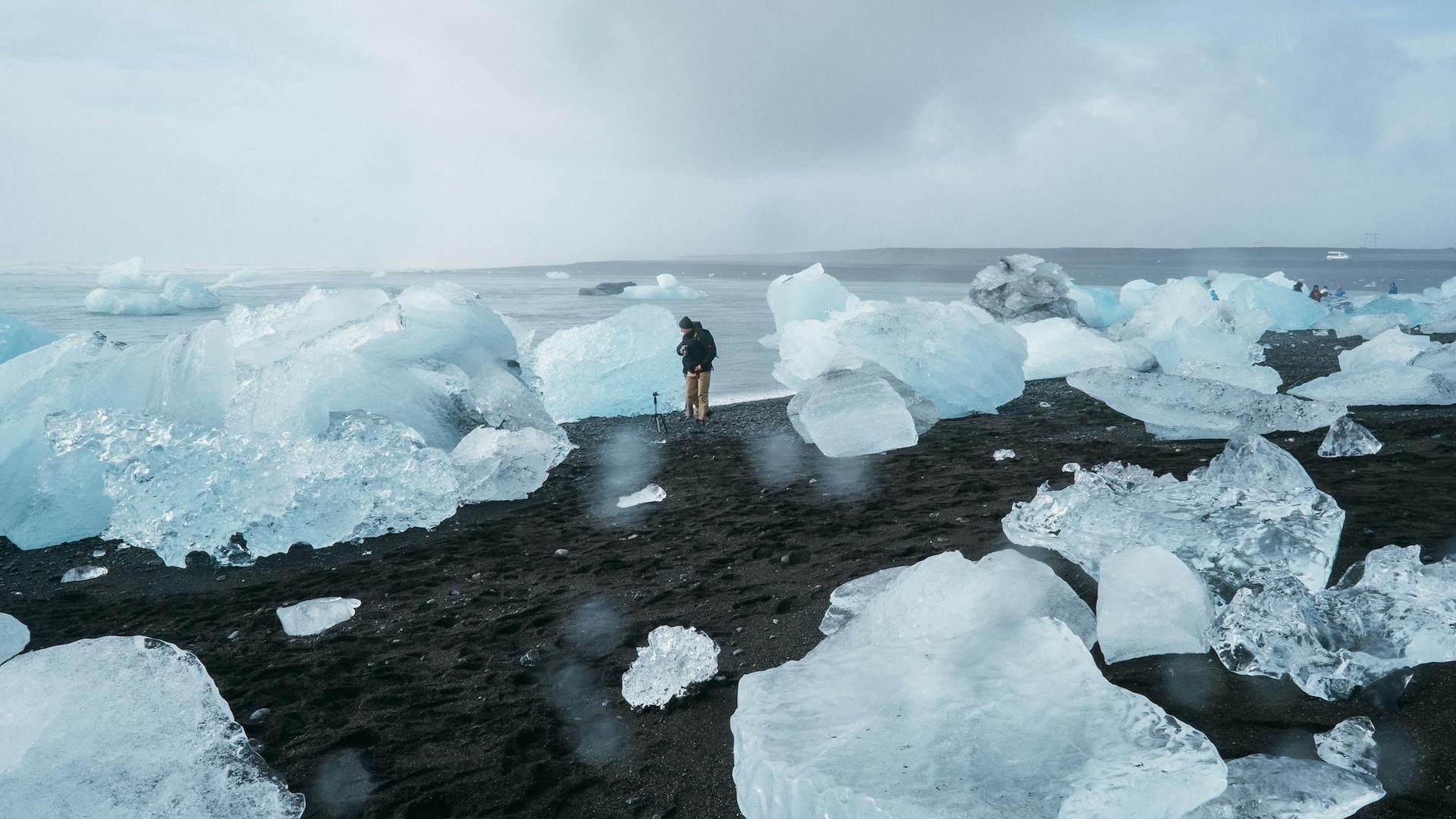
Source: Valdemaras D./Pexels
“These sightings of gray whales in the Atlantic serve as a reminder of how quickly marine species respond to climate change, given the chance,” O’Brien said in the release.
Almost Hunted to Extinction
Climate change impacts numerous whale species worldwide, yet the absence of gray whales in the Atlantic Ocean for a period also stems from another cause.
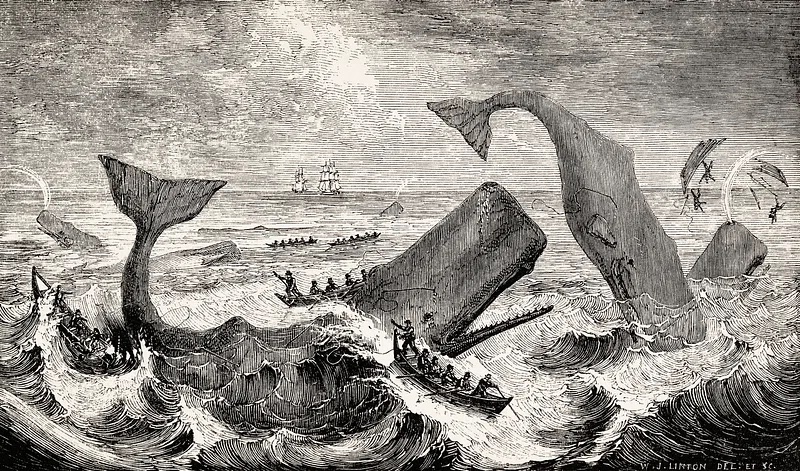
Source: The New York Public Library
Gray whales were nearly hunted to extinction during the era of commercial whaling. However, thanks to technological advancements and the decline of commercial whaling, many whale species, including the gray whale, have seen their populations recover.
The Gray Whale Population Has Mostly Recovered
Today, gray whales have reached a point of recovery where the International Union for Conservation of Nature no longer considers them a species of “least concern.” However, the whale population off the coast of Asia remains endangered.
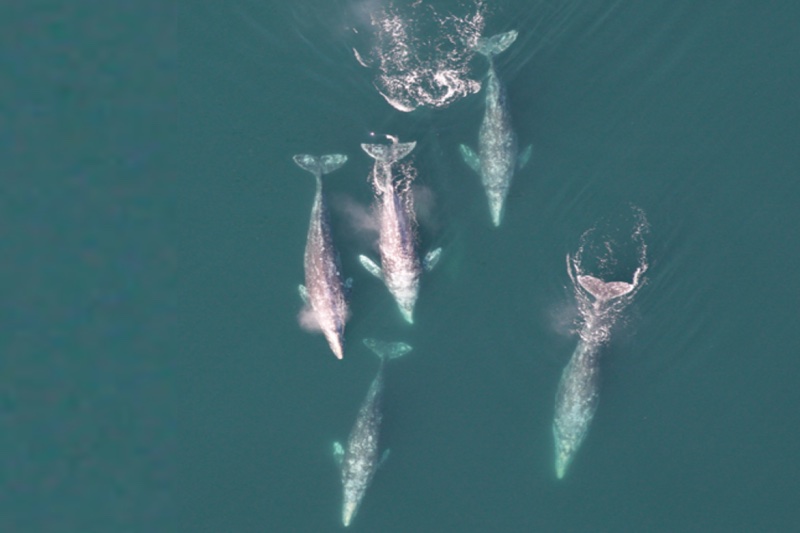
Source: NOAA Fisheries/SWFSC/MMTD
Researchers have observed a significant change in gray whales. According to a study published in the ‘Royal Society Open Science,’ gray whales have experienced a reduction in length, which may complicate the birthing process for calves.
Other Issues Affecting the Gray Whales
Despite the issue within gray whales, the species is experiencing major population swings. The changing Arctic Ocean conditions are likely the cause of three major events in the population swings in the species since the 1980s.
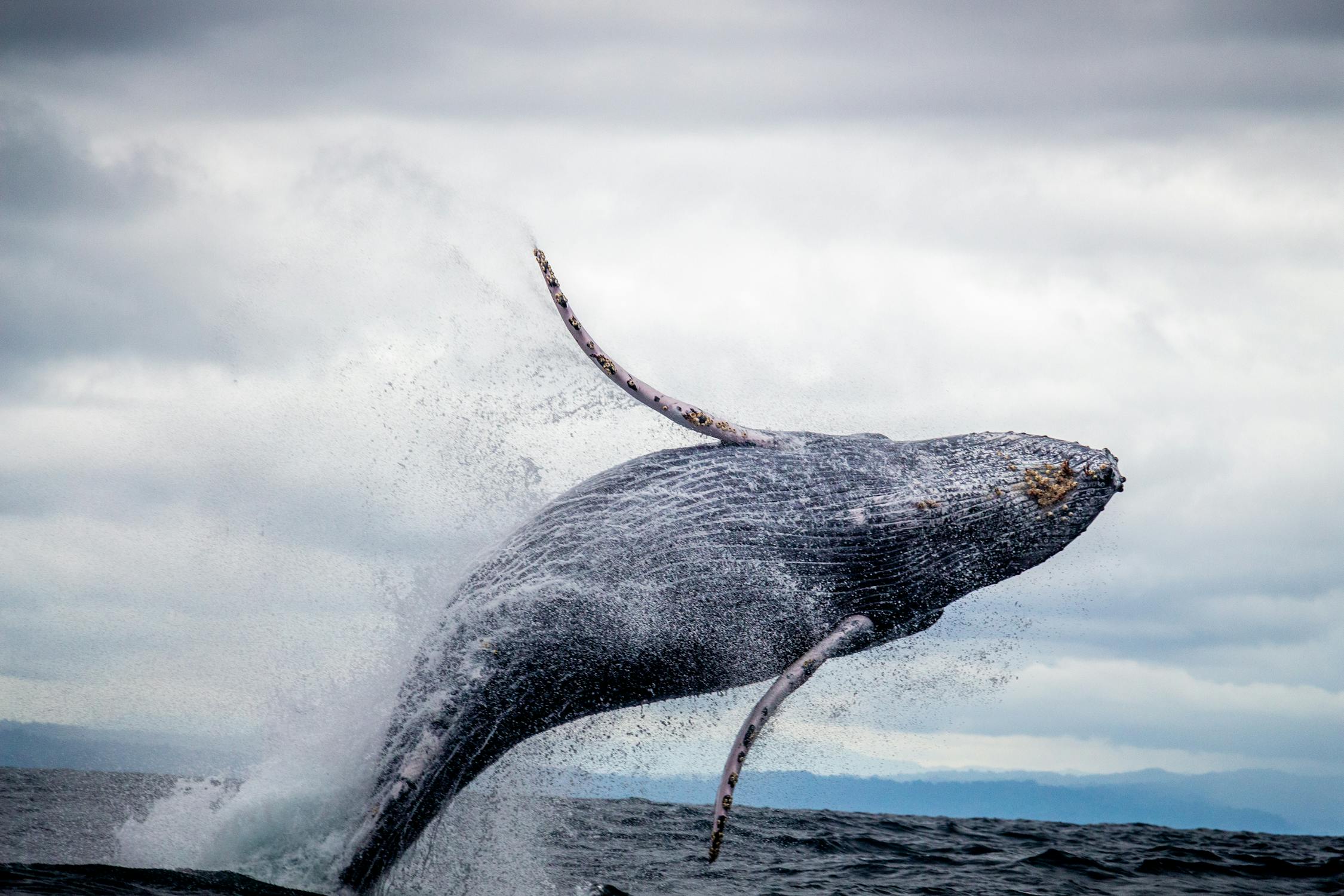
Source: Silvana Palacios/Pexels
A new study (via Oregon State) reveals that the gray whale population has decreased by 25 percent over the last few years.
Why Are There Extreme Population Swings in the Species
“These are extreme population swings that we did not expect to see in a large, long-lived species like gray whales,”said Joshua Stewart, an assistant professor with Oregon State University’s Marine Mammal Institute and the study’s lead author.

Source: Rudy Kirchner/Pexels
Stewart continued: “When the availability of their prey in the Arctic is low, and the whales cannot reach their feeding areas because of sea ice, the gray whale population experiences rapid and major shocks.”
The Future of the Gray Whale
Gray whales have endured hundreds and even thousands of years of environmental changes, evolving over time to adapt to shifting conditions. While it seems improbable that gray whales will face extinction directly due to climate change, there are compelling reasons for concern regarding the escalating temperatures.
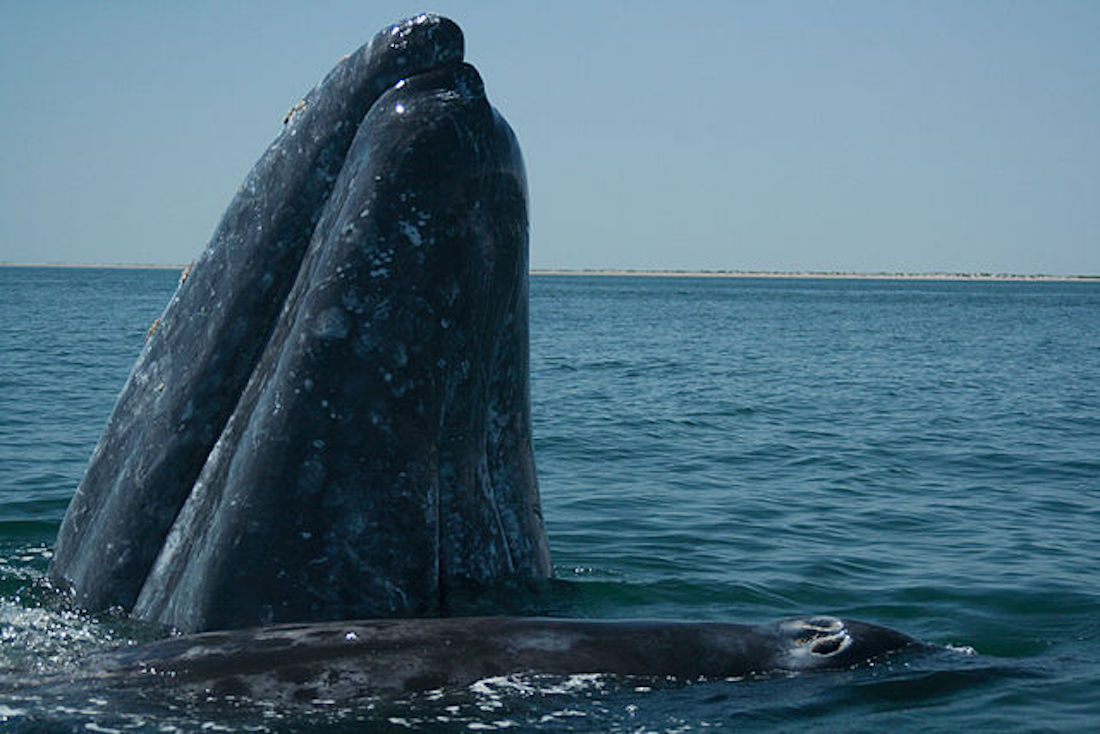
Source: Wikimedia Commons
It’s a pleasant sight to see gray whales returning to the Atlantic Ocean after a 200-year absence.
